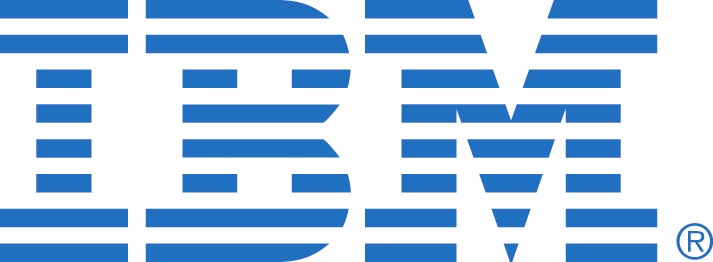The 33rd Microelectronics Design and Test Symposium
(IEEE MDTS 2024)
Date: May 13 – 15, 2024
Location: Crowne Plaza Albany – The Desmond Hotel, Albany, New York, USA
Co-sponsors: IEEE Region-1 (Northeastern USA) and IEEE Schenectady Section
- UCIe interconnect, and packaging
- Partitioning
- Design cycle time impact
- Microprocessor case studies
- Physical rework in the manufacturing process
- 2.5D and 3D applications
- Applications of AI/ML to optimization
- Heterogeneous integration
- Microarchitectural attacks
- Side channel attacks and mitigation
- (Anti –)Reverse engineering and physical attacks
- Fault attacks
- Hardware obfuscation
- Computer-aided design (CAD) for security
- SoC security, Field-programmable gate array (FPGA) and reconfigurable fabric security
- Internet-of-Things (IoTs) and cyber physical system security
- Analog/mixed-signal/radio frequency (RF) circuits
- Low-power low-voltage design
- Sensors and sensing systems
- Smart system design for automotive, automation and robotics
- Circuits and systems for approximate and evolvable computing
- Memristor-based devices
- Lab-on-Chip, wearable and implantable devices
- Heterogeneous integration and multi-scale chiplet-based packaging architecture
- Biomedical and bio-inspired circuits and systems
- Microelectromechanical systems (MEMS) sensors and bioelectronics
- Nanobiophotonics for optical imaging, sensing, and diagnostics
- Terahertz photonics for communications
- Photodetectors, sensors, and imaging
- Photonics for energy and green photonics
- Electronic design tools, processes and methodologies
- EDA for 3D integrations and advanced packaging
- EDA for bio-inspired and neuromorphic systems
- EDA tools, methodologies and applications for Photonics devices, circuit, and system design
- System-on-Chip (SoC)/intellectual property (IP) testing strategies
- Hardware/software co-verification
- Design for testability (DFT) & built-in self-test (BIST) for digital designs, analog/mixed-signal integrated circuits (ICs), SoCs, and memories
- Design verification/validation
- Machine learning datasets for microelectronics design and test
- Computing-in-memory architectures
- Neural networks, AI, ML, and DL in design and test of microelectronics
- IoT, edge nodes, or pipelines for real-time data visualizations and monitoring in design and test of microelectronics
- Application of cognitive, neuromorphic and quantum computing
- High-speed serializer/ deserializer (SerDes)
- Next-generation design-technology co-optimization
- Advanced interconnect
- 3D manufacturing
Contact Us
For program information, contact: Uma Srinivasan, Program Chair (umasrin@us.ibm.com)
For general information, contact: Kelly Ockunzzi, General Chair (kockunzzi@marvell.com)
Corporate/University Supporters for MDTS 2024:
2024 Corporate/University Supporter Application Form
Generosity Grants: ![]()

 and MDTS Alumni
and MDTS Alumni
Corporate/University Supporters for MDTS 2023:







